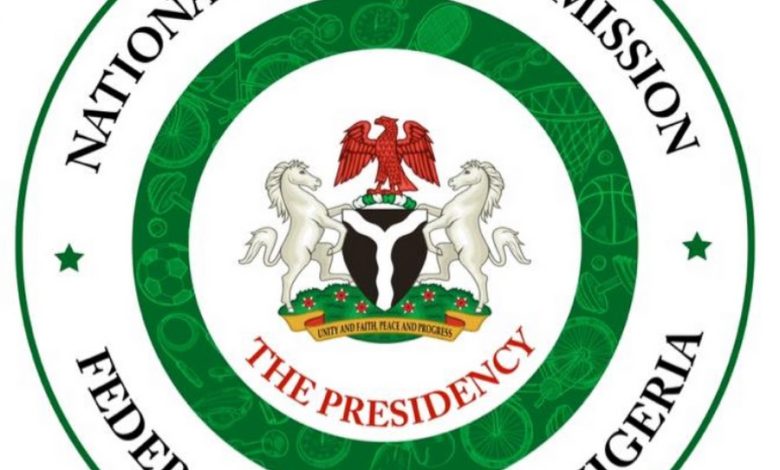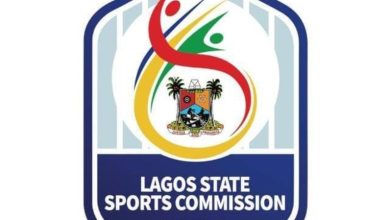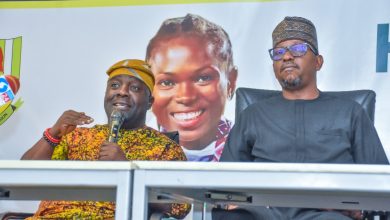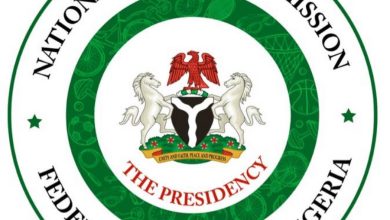Confusion brews over NSC’s role in Sports Federations as 2023 Act sends mixed signals

A growing cloud of confusion surrounds the National Sports Commission (NSC) following scrutiny of its 2023 Establishment Act, which appears to send conflicting messages about the Commission’s authority over national sports federations.
Section 16 of the Act outlines the NSC’s relationship with national sports associations, but its language has sparked debate among stakeholders, legal analysts, and federation officials.
On one hand, the Act explicitly states that the Commission ‘shall not interfere with the management of any national sports association,’ preserving the autonomy of federations.
Yet, in the same breath, it empowers the NSC to ‘take over and manage’ any association’s affairs if deemed necessary, subject to presidential approval.
This duality has raised eyebrows across Nigeria’s sports ecosystem, with critics arguing that the provision opens the door to overreach and political maneuvering.
‘You cannot claim to protect independence while reserving the right to override it,’ said one federation executive who requested anonymity.
‘It’s a contradiction that needs urgent clarification.’
The Act defines a National Sports Association as any body responsible for administering a sport in Nigeria, including its national governing body. While the NSC is tasked with approving constitutions, affiliations, and international participation, the line between oversight and control remains blurred.
Further complicating matters is the financial clause in subsection (3), which mandates that all government funding to federations must pass through the NSC.
No new grants can be issued without audited accounts from the previous year being submitted and accepted, effectively giving the Commission financial leverage over federations.
Subsection (4) attempts to strike a balance, stating that the NSC may issue directives ‘when in its opinion it is necessary to do so,’ but stops short of defining what qualifies as necessary.
This ambiguity has led to concerns about arbitrary intervention and the erosion of federation independence.
The tension comes at a time when the NSC is under increased scrutiny, following recent reports of internal leadership disputes and questions about governance transparency.
While Director General Bukola Olopade has publicly denied any power struggle within the Commission, the broader issue of role clarity remains unresolved.
As Nigeria prepares for major international competitions, including Olympic qualifiers and continental championships, stakeholders are calling for a formal review of the NSC Act to ensure that its provisions support collaboration, not confusion.
It is also necessary to state that drafters of the NSC (Establishment Act) were not in tune with the role of the International Sports Federations.
The NSC Act which allows for the takeover of a National Sports Federation runs contrary to the total independence of National Sports Federations.
Nigeria has attempted it with the Nigeria Football Federation and the Nigeria Basketball Federations but got its fingers burnt with threat of sanctions.
Stakeholders are worried about the quality of the drafters of the ACT and their intentions and have also called for a review which will include compulsory inauguration of the board before it starts working.




